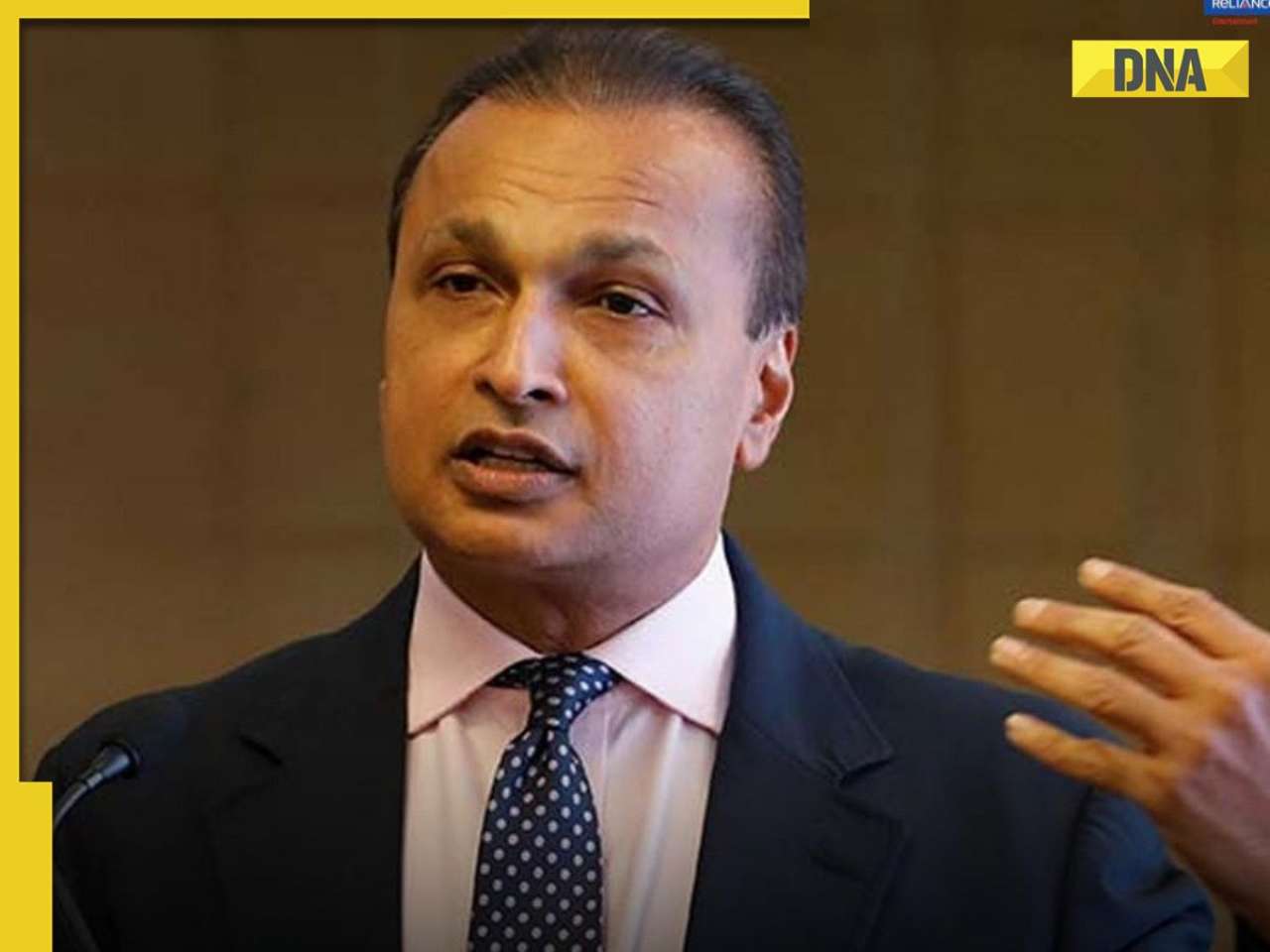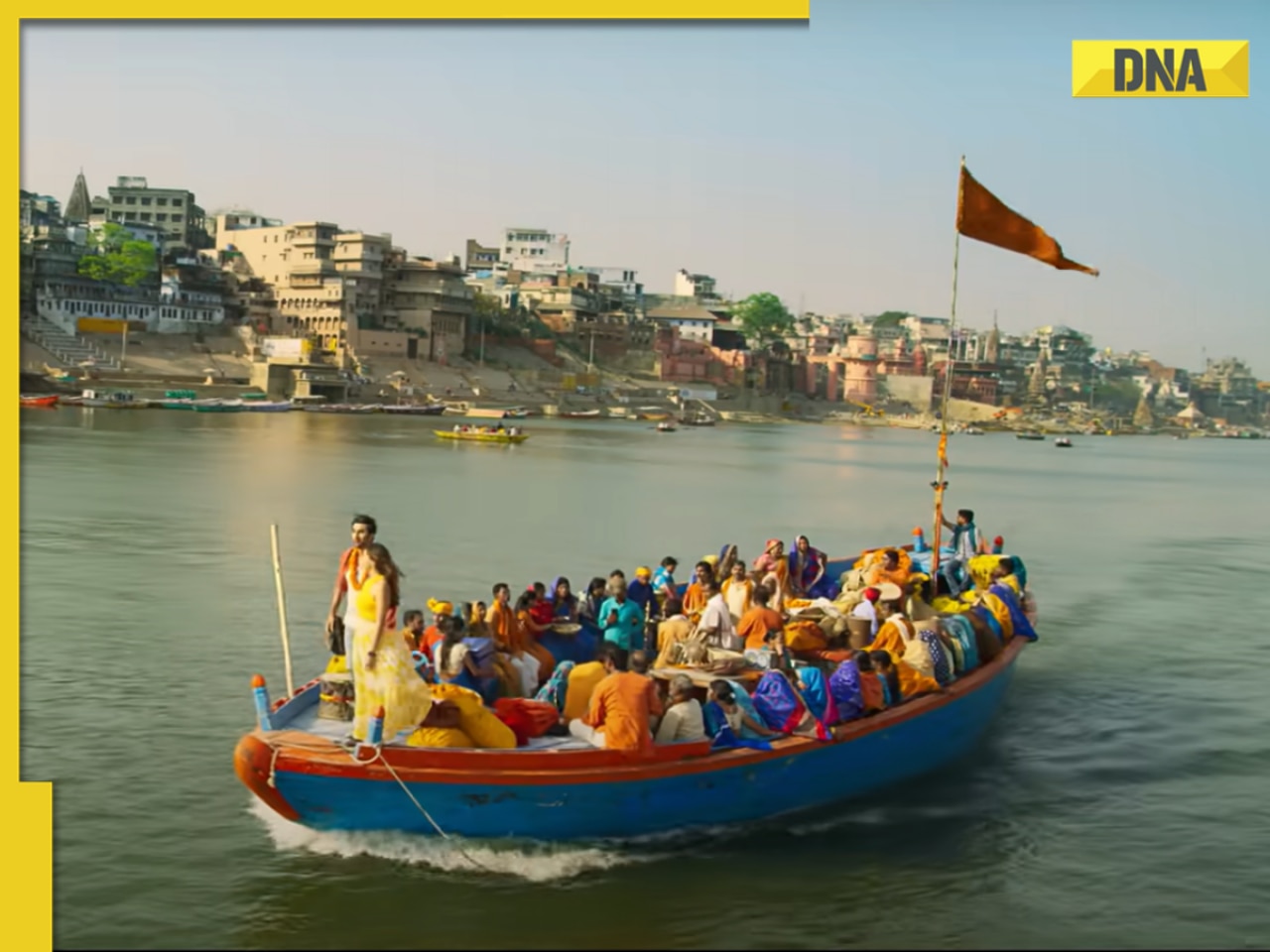Tankers carry petroleum products including naphtha, HSD and LPG through world's 18 most eco-sensitive hotspots.
The stretch of national highway 75 (formerly 48) between Mangalore and Bangalore is fast turning into frequent freak accident zone.
The LPG tanker fire at Perne village on Tuesday brought into focus the practice of oil companies in Mangalore continuing to use tankers to transport hazardous petroleum products, despite the existence of a pipeline fully equipped to transport the oil products between Thokur (Mangalore) and Devargundi (in Nelamangala near Bangalore).
The Mangalore-Bangalore pipeline project(MBPP)was one of the three petro-product pipeline projects laid by Petronet in South India, the other two being the Kochi-Coimbatore pipeline and the Chennai-Tiruchi-Madurai pipeline.
The objective of laying the pipelines was keep the transportation of hazardous petroleum products off the roads with safety being the primary objective and lowering of cost as the secondary aim. The corridor also has enough space for laying a gas pipeline between the two cities, according to Gas Authority of India Limited (GAIL) officials. The LNG pipeline that has reached Mangalore from Kochi will be further expanded eastward.
The pipeline should have reduced the transportation of petroleum products through the road using tankers, but according to sources in the petroleum transport business, over 2,000 tankers still ply between the two cities daily, passing through the eco-sensitive areas of Shirady Ghat and towns and villages all along the highway between Mangalore and Bangalore.
The tankers belong with big trucking companies in Tamil Nadu and Andhra Pradesh. Bullet tankers, as they are called, are unstable vehicles that are prone to accidents lot of damage to life and property, and also to the environment. The tankers carry petroleum products including naphtha, HSD, LPG and chemicals through world’s 18 most eco-sensitive hotspots.
According to sources at the Police outpost in Nelyadi, there have been 10 accidents involving tankers over the past three years and in each case, noxious gases and liquid petroleum have leaked out, endangering human safety and environment in the area. No passenger vehicle passing through the national highway has been involved in a collision with a petroleum carrier so far, but this stretch of the highway could turn a killing field if tankers are allowed to ply as recklessly as they do currently.
But, for some unexplained reason, the oil companies have not been able to resist their addiction to tankers. Office-bearers of trade Unions in Mangalore attribute the oil companies reluctance to use the pipeline to pressure from the tanker lobby in Tamil Nadu and Andhra Pradesh.
A tanker contractor of HPCL at Namakkal in Tamil Nadu says: “We have invested crores of rupees in the fleet. 80% of the vehicles are new and are hypothecated to the nationalized banks. If we do not get contracts, the owners will be without jobs and the banks will be in losses. Presently, almost all refineries have begun using oil pipeline grid of the Petronet India Limited and only a small portion of the production of refineries are being sent through oil tankers.”
Officials of HPCL were not available for comment and a group of officials arrived at the spot of accident only at 3pm though the fire and police officials had intimated them within minutes of the accident at Perne.
@mraghuram12
![submenu-img]() Indian-origin man says Apple CEO Tim Cook pushed him...
Indian-origin man says Apple CEO Tim Cook pushed him...![submenu-img]() Anil Ambani’s Rs 96500000000 Reliance deal still waiting for green signal? IRDAI nod awaited as deadline nears
Anil Ambani’s Rs 96500000000 Reliance deal still waiting for green signal? IRDAI nod awaited as deadline nears![submenu-img]() Most popular Indian song ever on Spotify has 50 crore streams; it's not Besharam Rang, Pehle Bhi Main, Oo Antava, Naina
Most popular Indian song ever on Spotify has 50 crore streams; it's not Besharam Rang, Pehle Bhi Main, Oo Antava, Naina![submenu-img]() Did Diljit Dosanjh cut his hair for Amar Singh Chamkila? Imtiaz Ali reveals ‘he managed to…’
Did Diljit Dosanjh cut his hair for Amar Singh Chamkila? Imtiaz Ali reveals ‘he managed to…’ ![submenu-img]() India's election process is an example for world's democracies: PM Modi after casting his vote
India's election process is an example for world's democracies: PM Modi after casting his vote![submenu-img]() DNA Verified: Is CAA an anti-Muslim law? Centre terms news report as 'misleading'
DNA Verified: Is CAA an anti-Muslim law? Centre terms news report as 'misleading'![submenu-img]() DNA Verified: Lok Sabha Elections 2024 to be held on April 19? Know truth behind viral message
DNA Verified: Lok Sabha Elections 2024 to be held on April 19? Know truth behind viral message![submenu-img]() DNA Verified: Modi govt giving students free laptops under 'One Student One Laptop' scheme? Know truth here
DNA Verified: Modi govt giving students free laptops under 'One Student One Laptop' scheme? Know truth here![submenu-img]() DNA Verified: Shah Rukh Khan denies reports of his role in release of India's naval officers from Qatar
DNA Verified: Shah Rukh Khan denies reports of his role in release of India's naval officers from Qatar![submenu-img]() DNA Verified: Is govt providing Rs 1.6 lakh benefit to girls under PM Ladli Laxmi Yojana? Know truth
DNA Verified: Is govt providing Rs 1.6 lakh benefit to girls under PM Ladli Laxmi Yojana? Know truth![submenu-img]() Alia Bhatt wears elegant saree made by 163 people over 1965 hours to Met Gala 2024, fans call her ‘princess Jasmine’
Alia Bhatt wears elegant saree made by 163 people over 1965 hours to Met Gala 2024, fans call her ‘princess Jasmine’![submenu-img]() Jr NTR-Lakshmi Pranathi's 13th wedding anniversary: Here's how strangers became soulmates
Jr NTR-Lakshmi Pranathi's 13th wedding anniversary: Here's how strangers became soulmates![submenu-img]() Streaming This Week: Heeramandi, Shaitaan, Manjummel Boys, latest OTT releases to binge-watch
Streaming This Week: Heeramandi, Shaitaan, Manjummel Boys, latest OTT releases to binge-watch![submenu-img]() Remember Ayesha Kapur? Michelle from Black, here's how actress, nutrition coach, entrepreneur looks after 19 years
Remember Ayesha Kapur? Michelle from Black, here's how actress, nutrition coach, entrepreneur looks after 19 years![submenu-img]() Remember Heyy Babyy's cute 'Angel' Juanna Sanghvi? 20 year-old looks unrecognisable now, fans say 'her comeback will...'
Remember Heyy Babyy's cute 'Angel' Juanna Sanghvi? 20 year-old looks unrecognisable now, fans say 'her comeback will...'![submenu-img]() DNA Explainer: Why Harvey Weinstein's rape conviction was overturned, will beleaguered Hollywood mogul get out of jail?
DNA Explainer: Why Harvey Weinstein's rape conviction was overturned, will beleaguered Hollywood mogul get out of jail?![submenu-img]() What is inheritance tax?
What is inheritance tax?![submenu-img]() DNA Explainer: What is cloud seeding which is blamed for wreaking havoc in Dubai?
DNA Explainer: What is cloud seeding which is blamed for wreaking havoc in Dubai?![submenu-img]() DNA Explainer: What is Israel's Arrow-3 defence system used to intercept Iran's missile attack?
DNA Explainer: What is Israel's Arrow-3 defence system used to intercept Iran's missile attack?![submenu-img]() DNA Explainer: How Iranian projectiles failed to breach iron-clad Israeli air defence
DNA Explainer: How Iranian projectiles failed to breach iron-clad Israeli air defence![submenu-img]() Most popular Indian song ever on Spotify has 50 crore streams; it's not Besharam Rang, Pehle Bhi Main, Oo Antava, Naina
Most popular Indian song ever on Spotify has 50 crore streams; it's not Besharam Rang, Pehle Bhi Main, Oo Antava, Naina![submenu-img]() Did Diljit Dosanjh cut his hair for Amar Singh Chamkila? Imtiaz Ali reveals ‘he managed to…’
Did Diljit Dosanjh cut his hair for Amar Singh Chamkila? Imtiaz Ali reveals ‘he managed to…’ ![submenu-img]() Watch: Arti Singh gets grand welcome at husband Dipak's house with fairy lights and fireworks, fans say '
Watch: Arti Singh gets grand welcome at husband Dipak's house with fairy lights and fireworks, fans say '![submenu-img]() Meet actress, who belongs to family of superstars, quit films after 19 flops, no single hit in 9 years; is still worth…
Meet actress, who belongs to family of superstars, quit films after 19 flops, no single hit in 9 years; is still worth…![submenu-img]() Meet star, TV’s SRK, who used to drink alcohol on set, one mistake ruined career; was jobless for 3 years, is now...
Meet star, TV’s SRK, who used to drink alcohol on set, one mistake ruined career; was jobless for 3 years, is now...![submenu-img]() IPL 2024: Suryakumar Yadav's century power MI to 7-wicket win over SRH
IPL 2024: Suryakumar Yadav's century power MI to 7-wicket win over SRH![submenu-img]() DC vs RR, IPL 2024: Predicted playing XI, live streaming details, weather and pitch report
DC vs RR, IPL 2024: Predicted playing XI, live streaming details, weather and pitch report![submenu-img]() Watch: Team India’s new jersey for T20 World Cup 2024 unveiled
Watch: Team India’s new jersey for T20 World Cup 2024 unveiled![submenu-img]() DC vs RR IPL 2024 Dream11 prediction: Fantasy cricket tips for Delhi Capitals vs Rajasthan Royals
DC vs RR IPL 2024 Dream11 prediction: Fantasy cricket tips for Delhi Capitals vs Rajasthan Royals![submenu-img]() IPL 2024: Kolkata Knight Riders take top spot after 98 runs win over Lucknow Super Giants
IPL 2024: Kolkata Knight Riders take top spot after 98 runs win over Lucknow Super Giants![submenu-img]() Indian-origin man says Apple CEO Tim Cook pushed him...
Indian-origin man says Apple CEO Tim Cook pushed him...![submenu-img]() Meet man whose salary was only Rs 83 but his net worth grew by Rs 7010577000000 in 2023, he is Mukesh Ambani's...
Meet man whose salary was only Rs 83 but his net worth grew by Rs 7010577000000 in 2023, he is Mukesh Ambani's...![submenu-img]() Job applicant offers to pay Rs 40000 to Bengaluru startup founder, here's what happened next
Job applicant offers to pay Rs 40000 to Bengaluru startup founder, here's what happened next![submenu-img]() Viral video: Family fearlessly conducts puja with live black cobra, internet reacts
Viral video: Family fearlessly conducts puja with live black cobra, internet reacts![submenu-img]() Woman demands Rs 50 lakh after receiving chicken instead of paneer
Woman demands Rs 50 lakh after receiving chicken instead of paneer





































)








)
)
)
)
)
)